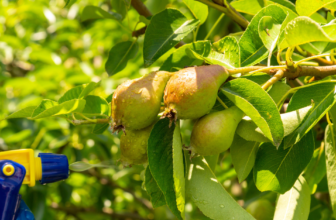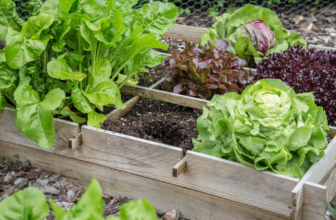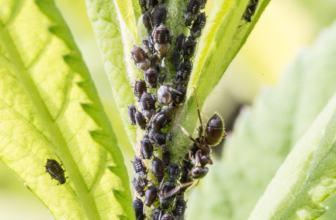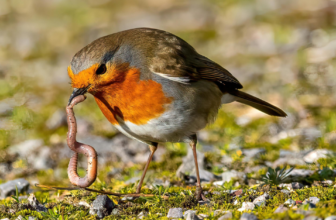
Compost tea is a nutrient-rich liquid fertilizer that can give your plants a powerful boost. While traditional compost tea is made from finished compost, you can also make compost tea using fresh kitchen waste. This method is an excellent way to repurpose food scraps and introduce beneficial microbes into your garden soil.
Why Use Compost Tea?
Compost tea improves soil structure, enhances plant growth, and increases microbial activity in the soil. It provides plants with essential nutrients in a readily available form, promoting healthy root development and resilience against pests and diseases.
What You’ll Need:
- A 5-gallon bucket
- Fresh kitchen waste (vegetable peels, fruit scraps, coffee grounds, eggshells—avoid meat and dairy)
- Water (rainwater or dechlorinated tap water is best)
- A handful of garden soil (to introduce beneficial microbes)
- A stirring stick
- A piece of breathable fabric or mesh (to cover the bucket)
- Optional: A blender for faster breakdown of kitchen waste
- Optional: 1-2 tablespoons of unsulfured molasses or brown sugar (to boost microbial growth)
Step-by-Step Process:
- Prepare the Kitchen Waste: You can either chop kitchen scraps into smaller pieces or blend them with some water for faster decomposition.
- Fill the Bucket: Add your fresh kitchen scraps (or blended mixture) to the bucket, filling it about one-third full.
- Add Water: Fill the bucket with water, covering the scraps completely but leaving some space at the top. (Tip: If using tap water, let it sit uncovered for 24 hours to allow chlorine to evaporate, or aerate it by stirring vigorously for a few minutes.)
- Introduce Microbes: Sprinkle in a handful of garden soil to introduce beneficial microbes that aid decomposition.
- Boost Microbial Growth (Optional): Stir in 1-2 tablespoons of unsulfured molasses or brown sugar to feed beneficial microbes and accelerate nutrient extraction.
- Stir Daily: Use a stick to stir the mixture once or twice a day to aerate the liquid and speed up fermentation.
- Let It Brew: Allow the tea to ferment for 3-5 days. It may develop a slightly sour or earthy smell as it brews.
- Strain and Use: After brewing, strain the liquid through a fine mesh or cheesecloth to remove solid bits. The remaining liquid is your compost tea.
How to Apply Compost Tea:
- Soil Drench: Pour the tea directly around the base of plants to improve soil health.
- Foliar Spray: Dilute the tea (1 part tea to 10 parts water) and spray it on plant leaves to enhance nutrient absorption and strengthen plant defenses.
Tips for Success:
- Use fresh compost tea within a day or two for maximum benefits.
- If the tea smells foul (like rotten eggs), it may have gone anaerobic. Discard it and start a new batch.
- Rotate ingredients to provide a diverse range of nutrients for plants.
- Blending kitchen waste before brewing can speed up decomposition and nutrient availability.
- Adding molasses or brown sugar can enhance microbial activity, improving the effectiveness of your compost tea.
When to Dilute Compost Tea:
- Foliar Spray: Always dilute at a 1:10 ratio (1 part tea to 10 parts water) to prevent burning leaves.
- Young or Delicate Plants: A 1:2 or 1:4 ratio is safer for seedlings or sensitive plants.
When You Can Use Full-Strength Compost Tea:
- Soil Drench: Mature plants with established roots can handle undiluted compost tea. Pour it directly at the base of the plant.
- Compost-Boosted Soil: If your soil is already rich in organic matter, full-strength tea can work well
By making compost tea from fresh kitchen waste, you’re not only reducing food waste but also enriching your garden naturally. Give it a try and watch your plants thrive!




